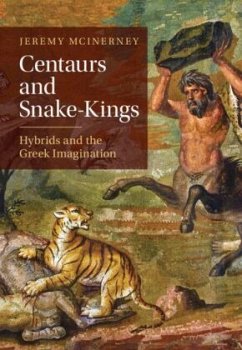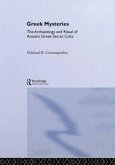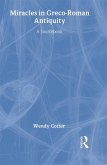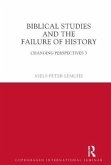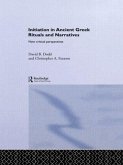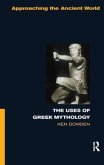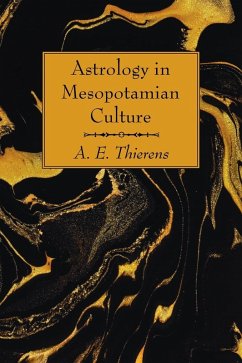Griffins, centaurs and gorgons: the Greek imagination teems with wondrous, yet often monstrous, hybrids. Jeremy McInerney discusses how these composite creatures arise from the entanglement of humans and animals. Overlaying such enmeshment is the rich cultural exchange experienced by Greeks across the Mediterranean. Hybrids, the author reveals, capture the anxiety of cross-cultural encounter, where similarity and incongruity were conjoined. Hybridity likewise expresses instability of identity. The ancient sea, that most changeable ancient domain, was viewed as home to monsters like Skylla; while on land the centaur might be hypersexual yet also hypercivilized, like Cheiron. Medusa may be destructive, yet also alluring. Wherever conventional values or behaviours are challenged, there the hybrid gives that threat a face. This absorbing work unveils a mercurial world of shifting categories that offer an alternative to conventional certainties. Transforming disorder into images of wonder, Greek hybrids - McInerney suggests - finally suggest other ways of being human.
'This welcome contribution to theorizing hybridity offers a thoughtful and sustained reflection on a key dimension of human interaction with the natural and imagined environment, furnishing a fascinating window onto aspects of the ancient Greek experience with the known and unknown. It should also attract interest for comparative studies of hybrids and hybridity in cultural spheres both related to and altogether removed from the ancient Mediterranean world.' Ann C. Gunter, Northwestern University

